National Evaluation about Community Participation in Health Impact Assessments
In a first of its kind study about the essential role of community participation in developing a health impact assessment, Human Impact Partners will release its report entitled, “Community Participation in Health Impact Assessments: A National Evaluation” later this month. It will also hold a public webinar to share the evaluation’s very exciting and insightful findings on Thursday, January 28th from noon to 1:30 pm Mountain Standard Time. To register for the webinar, please visit http://www.humanimpact.org.
The Human Impact Partners, based in Oakland, California, are leaders in the field of health impact assessments. Their national study describes the impact of community participation in civic decision-making, which is described as a community’s capacity to act in its own self-interest. The report also discusses the success of health impact assessments and how well the field of health impact assessments is doing at encouraging community participation.
A health impact assessment (HIA) is a useful way to ensure that health disparities are considered in decision-making using an objective and scientific approach that authentically engages community members in the process. Through a six-step process “that systematically judges the potential, and sometimes unintended effects of a proposed project, plan or policy on the health of a population and the distribution of those effects within a population,” impacted communities and technical experts can create an HIA. Recommendations are made, as well as suggestions about what measures should be included in the proposed project to mitigate the health effects on the community.
The Tularosa Basin Downwinders Consortium, working with the Human Impact Partners and the New Mexico Health Equity Partnership, began work on an HIA to look at the proposed amendments to the Radiation Exposure Compensation Act (RECA) for those exposed to the 1945 Trinity atomic bomb test in south central New Mexico. Working with community members and technical experts, the Trinity Team is gathering data and conducting interviews to inform the report’s findings and recommendations.
In 2000, Congress passed RECA to provide medical care and compensation to those exposed to the aboveground nuclear tests at the Nevada Test Site who contracted cancers and other radiation related illnesses. Some uranium miners in New Mexico were included. But the first downwinders, those exposed to the Trinity test, have not been included.
The entire New Mexico congressional delegation supports the proposed RECA amendments.
Kathy Tyler, of the Tularosa Basin Downwinders Consortium, said, “This is an exciting time for our organization. This HIA will enable us to accomplish our main goals with full engagement of the community.”
For more information, please see the New Mexico Health Equity Partnership website at http://www.nmhealthequitypartnership.org and the website of the Tularosa Basin Downwinders Consortium at http://www.nmdownwinders.com.


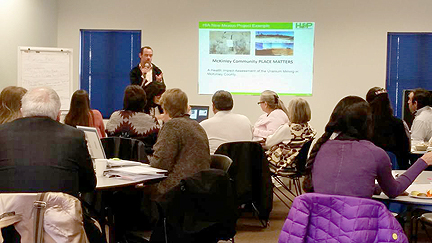

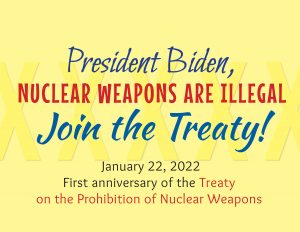
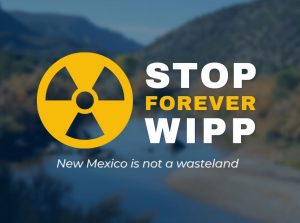






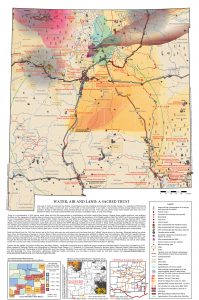

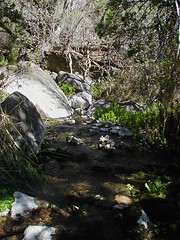

Comments
No comments so far.